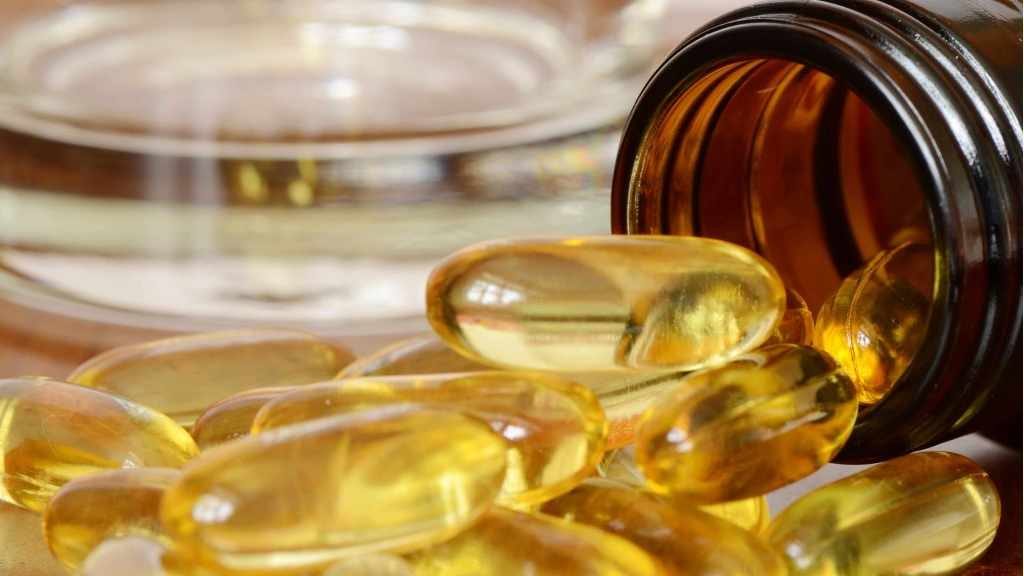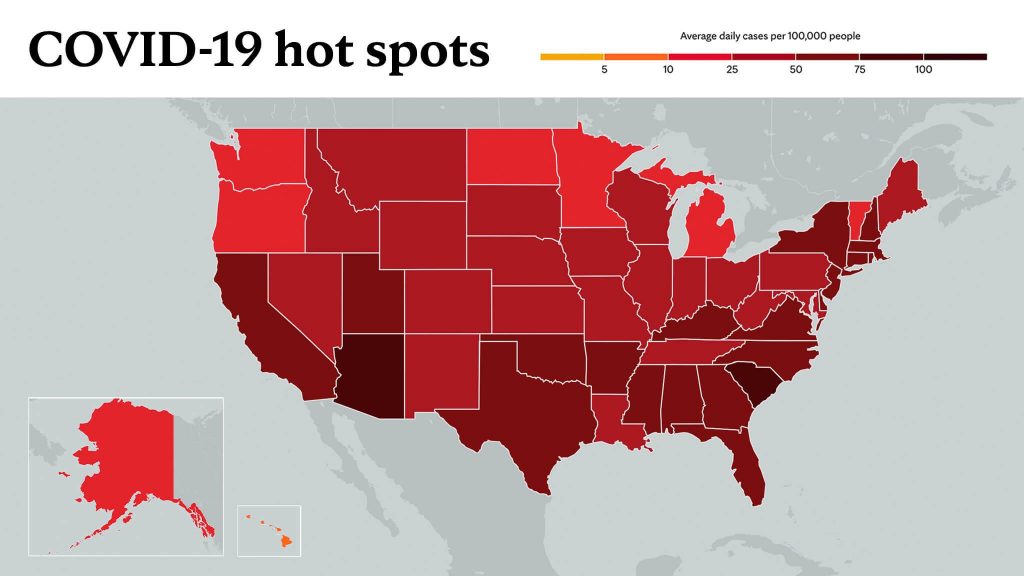
There isn't enough data to recommend use of vitamin D to prevent infection with the virus that causes COVID-19 or to treat COVID-19, according to the National Institutes of Health and the World Health Organization.
This article is written by Mayo Clinic Staff.
________________________
Several recent studies have looked at the impact of vitamin D on COVID-19. One study of 489 people found that those who had a vitamin D deficiency were more likely to test positive for the virus that causes COVID-19 than people who had normal levels of vitamin D.
Other research has observed high rates of vitamin D deficiency in people with COVID-19 who experienced acute respiratory failure. These people had a significantly higher risk of dying. And a small, randomized study found that of 50 people hospitalized with COVID-19 who were given a high dose of a type of vitamin D (calcifediol), only one needed treatment in the intensive care unit. In contrast, among the 26 people with COVID-19 who weren't given calcifediol, 13 needed to be treated in the intensive care unit.
Further research is needed to determine what role, if any, vitamin D and vitamin D deficiency might play in the prevention of and treatment of COVID-19.
In addition, vitamin D deficiency is common in the United States, particularly among Hispanic and Black people. These groups have been disproportionately affected by COVID-19. Vitamin D deficiency is also more common in people who are older, people who have a body mass index of 30 or higher (obesity), and people who have high blood pressure (hypertension). These factors also increase the risk of severe COVID-19 symptoms.
However, in recent years two randomized clinical trials that studied the effects of vitamin D supplementation had less hopeful results. In both trials, high doses of vitamin D were given to people who had vitamin D deficiencies and were seriously ill — not with COVID-19. Vitamin D didn't reduce the length of their hospital stays or their mortality rates when compared with those given a placebo.
In the meantime, if you have a vitamin D deficiency, talk to your health care provider about whether a supplement might be right for you. If you're concerned about your vitamin D level, ask your health care provider about getting it checked.
_________________________________________
Information in this post was accurate at the time of its posting. Due to the fluid nature of the COVID-19 pandemic, scientific understanding, along with guidelines and recommendations, may have changed since the original publication date.
For more information and all your COVID-19 coverage, go to the Mayo Clinic News Network and mayoclinic.org.
Learn more about: Tracking COVID-19 and COVID-19 trends.








